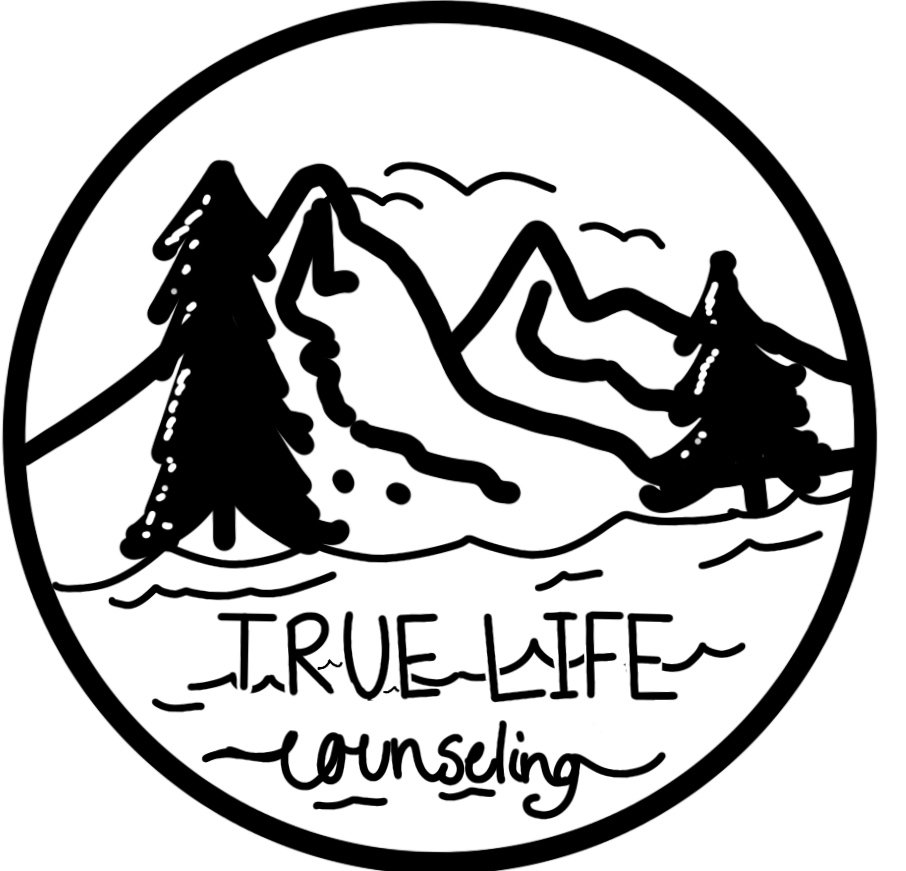Parenting Teens……. A story of truth. Read a short story that parallels a helpful way of parenting teens.
The Teenage Brain
The Teenage Brain. It’s not the same as adults or children and may be why teens seem so different at times.
Teenagers face different struggles than adults and should be treated accordingly.
Teenagers are susceptible to peer pressure and increased risk taking due to their brain development.
“ There is a mismatch between the 2 systems in the teenage brain. The limbic system, which gives you the rewarding feeling of taking risks, is structurally more developed before the prefrontal cortex, which stops you from taking risks.” ( Blakemore, 2019)
To find out even more valueble information about the teenage brain view these articles below.
https://www.edutopia.org/article/decoding-teenage-brain-3-charts
Happy Teenagers are Doing This !
#HappyTeenagers, #TeenTips, #Risktaking,# TeenCounseling
When adults think of teens they often think of risk taking, or teens thinking they are invincible. Although the research is pointing to the fact that teen risk- taking may be what is making teens happy.
Robert Biswas-Diener and Todd Kashdan, two positive psychologists, claim that truly happy people understand “happiness is not just about doing things that you like. It also requires growth and adventuring beyond the boundaries of your comfort zone.”
They found that when teens were pushed out of their comfort zone, when they experienced. A study led by Kashdan and psychologist Michael Steger found that “curious people invest in activities that cause them discomfort as a springboard to higher psychological peaks.” This means that when a teenager experiences loss, frustration, despair, it propels them to try harder to feel better, and create a happier place. For instance, teenagers who found themselves homeless might be more courageous about working hard in school and creating stability in their lives. Their discomfort of homelessness, created a desire to strive for a “ better life” . Risk taking often works in the same way for teenagers.
A study by Marilyn Price-Mitchell Ph.D in 2010 with college students showed that teens, like adults, find happiness when they experience risk-taking. At the peak of their discomfort, students made comments, including:
“I crossed barriers in my mind.”
“I felt scared.”
“I felt liberated.”
“What a powerful experience.”
“I was way out of my comfort zone.”
What risk-taking experiences caused them to make these comments? Were they high on drugs or alcohol? The opposite was true. Students described the positive experience of pushing their psychological boundaries as they participated in many community service activities. Some of these students came face to face with people living in situations very different from their own, like poverty or homelessness. Others were doing physical labor that stretched them to new levels of endurance. Several feared failure as they set their sights on unimaginable goals to benefit others. Marilyn Price-Mitchell Ph.D found that even though these students came from highly diverse backgrounds, they shared in common the sense of accomplishment and self- esteem that came from working with others, learning to solve problems and pushing their comfort zones.
Risk taking is a part of growing up, but I think it is even more than that. Risk taking helps teens to develop independence and identities which lead them to becoming adults. It helps them learn what they are capable of accomplishing and gaining insight into the meaning of their lives.
Teenage Brain.
The Teenage Brain. It’s not the same as adults or children and may be why teens seem so different at times.
Teenagers face different struggles than adults and should be treated accordingly.
Teenagers are susceptible to peer pressure and increased risk taking due to their brain development.
“ There is a mismatch between the 2 systems in the teenage brain. The limbic system, which gives you the rewarding feeling of taking risks, is structurally more developed before the prefrontal cortex, which stops you from taking risks.” ( Blakemore, 2019)
To find out even more valueble information about the teenage brain view these articles below.
https://www.edutopia.org/article/decoding-teenage-brain-3-charts



